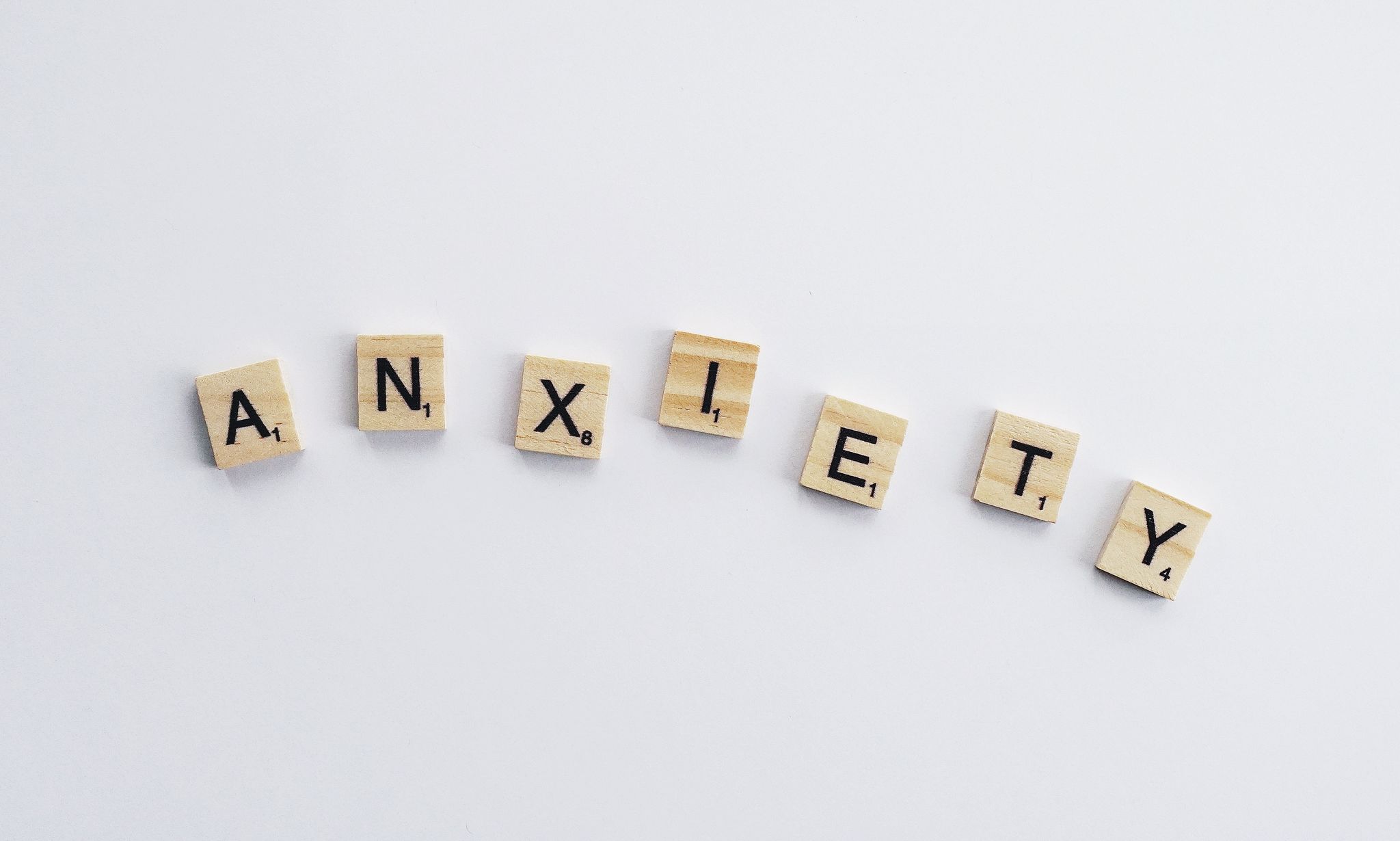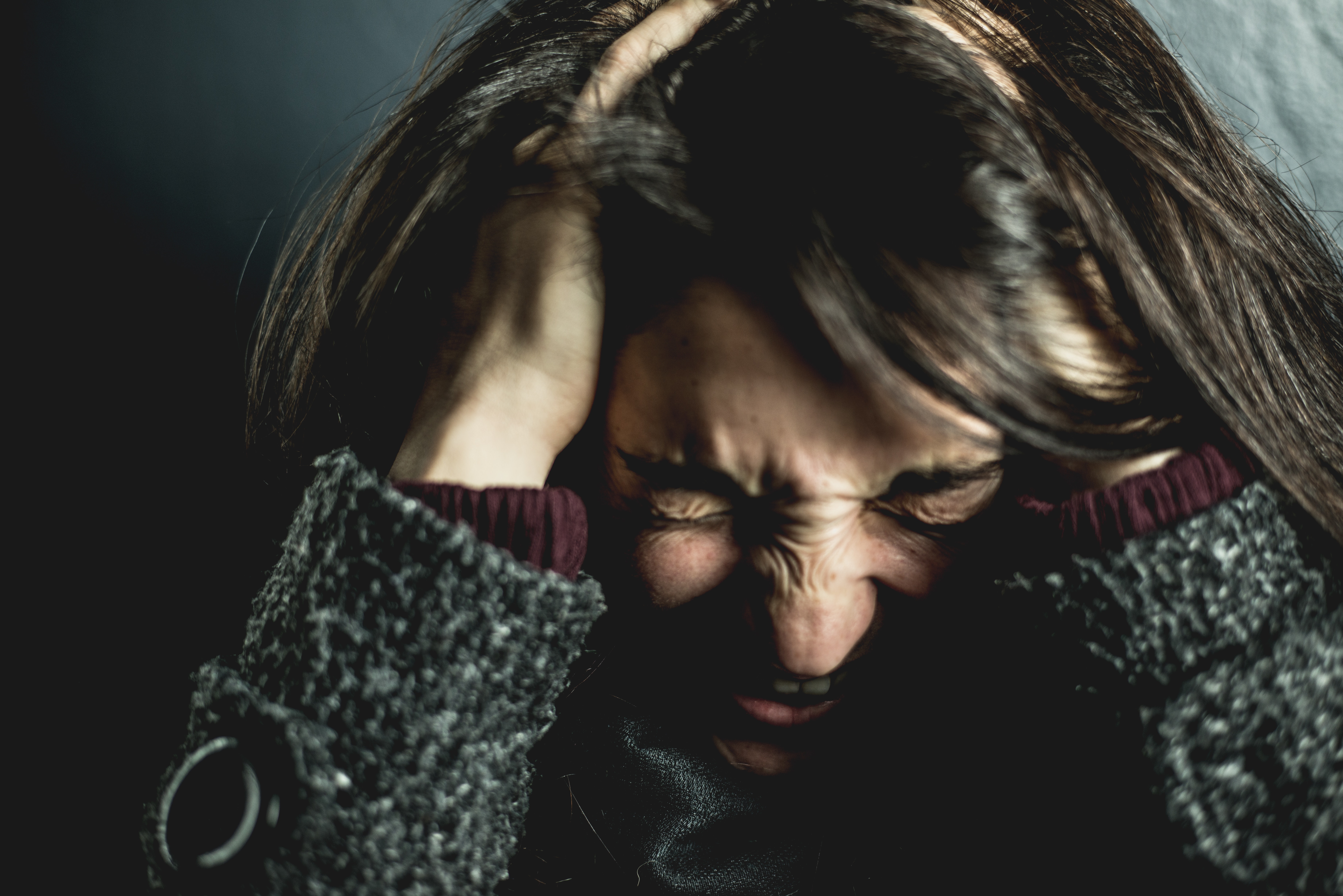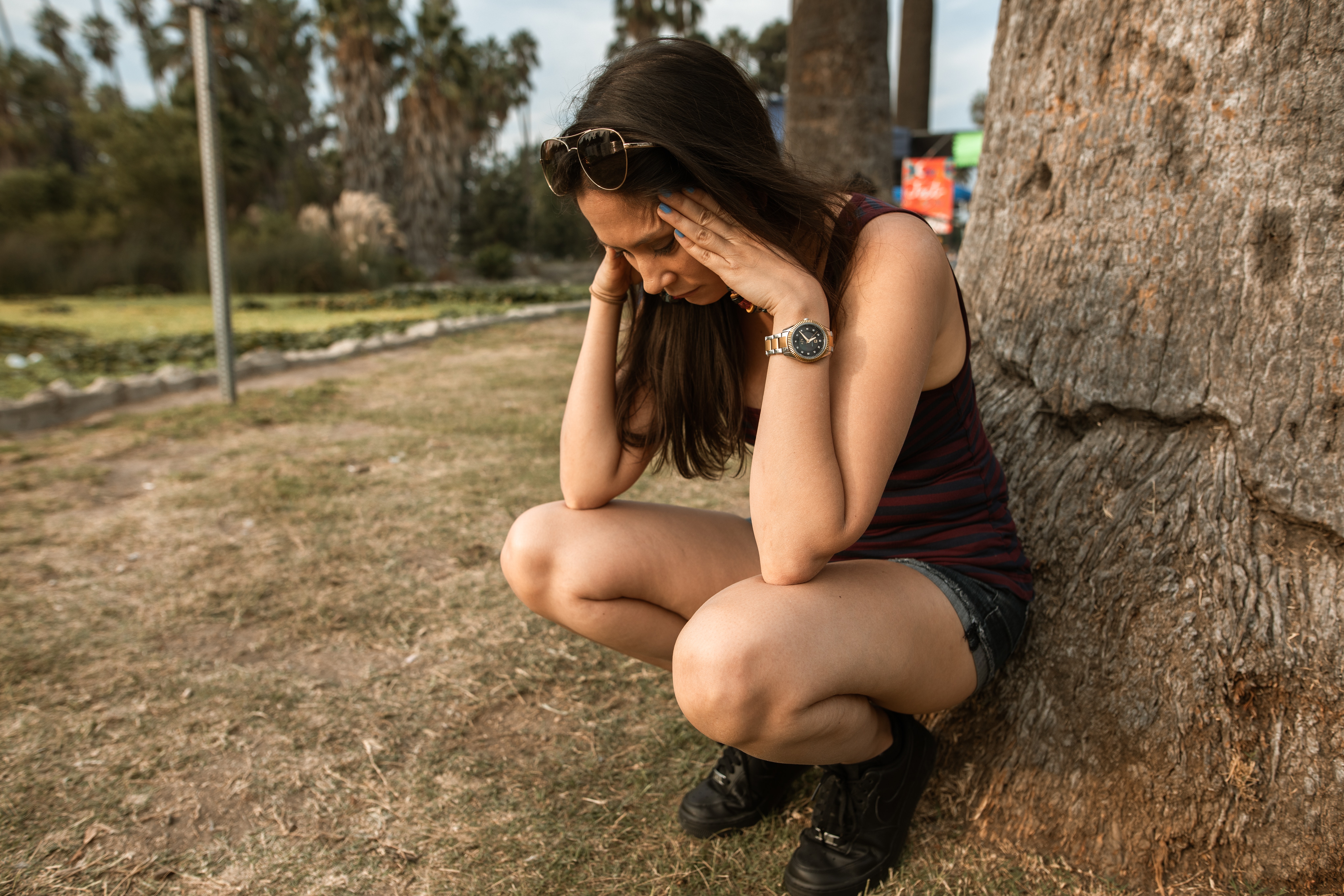- Home
- Blogs
- Yoga, Meditation & Fitness
- What Are The Significant Types Of Anxiety Disorders?
- What Are The...
What Are The Significant Types Of Anxiety Disorders?

Anxiety is a normal and often healthy emotion. However, when a person regularly feels disproportionate levels of anxiety, it might become a medical disorder. Anxiety disorders form a category of mental health diagnoses and describe a condition in which a person experiences feelings of panic, fear, and uneasiness that are chronic and sometimes overwhelming.
Anxiety disorders are the most common mental illnesses in the United States, affecting 40 million adults, which is 18% of the population. People with anxiety disorders often have co-occurring physical or mental health conditions, which can worsen their anxiety symptoms and affect their overall quality of life.
What are the different types of Anxiety Disorder?
There are several types of anxiety disorders, including:
Generalized Anxiety Disorder (GAD)
Generalized Anxiety Disorder (GAD) is a prevalent mental health condition that affects millions of people worldwide. It is characterised by persistent and excessive worry and anxiety about a variety of life events, such as work, health, relationships, and finances, even when there is little or no reason for concern. People with GAD experience these feelings more often than not, and they often interfere with their daily lives and activities.
GAD can manifest in several physical, psychological, and behavioural symptoms. Some of the most common physical symptoms include muscle tension, restlessness, fatigue, headaches, and stomach discomfort. Psychological symptoms include difficulty concentrating, irritability, sleep disturbances, and feelings of hopelessness and worthlessness. Additionally, people with GAD often experience behavioural symptoms such as avoidance of certain activities or situations, social withdrawal, and difficulty completing tasks or making decisions. Traumatic events, such as abuse, loss, or trauma, can increase a person's risk of developing GAD.

The treatment for GAD typically involves a combination of therapy, medication, and lifestyle changes. Cognitive-behavioural therapy (CBT) is a common form of therapy that helps people with GAD identify and change negative thought patterns and behaviours.
GAD can be a debilitating condition that interferes with daily life, but with proper treatment, it is possible to manage symptoms and lead a fulfilling life. If you are experiencing symptoms of GAD, it is important to seek help from a mental health professional to get the treatment you need. With proper treatment, it is possible to manage symptoms and lead a fulfilling life.
Panic Disorder
Panic disorder is a type of anxiety disorder in which people have sudden and repeated attacks of extreme fear. Panic attacks usually begin in young adulthood and are more likely to be seen in women. They cause an urgent feeling of terror that is not connected to real danger, but they often make an appearance in situations where anxiety is expected, such as public speaking.
Those who experience panic disorder have recurrent, unexpected panic attacks and are often anxious between the attacks. They may be very restless, have difficulty sleeping, feel tired, or have difficulty concentrating. The symptoms of panic disorder may also include lightheadedness, sweating, trembling, chest pain, palpitations, and a fear of dying. People with panic disorder often worry about when the next attack will happen and often change normal habits in order to avoid having a panic attack.
Social Anxiety Disorder (SAD)
SAD is a condition that is caused by intense fear in one or more social situations. It is frequently found in conjunction with other anxiety disorders and depression. A social anxiety disorder differs from normal feelings of anxiety or shyness, and it is usually diagnosed in adolescence or early adulthood. Severe anxiety and discomfort about one's performance, as well as feelings of being negatively evaluated by others, are cornerstones of social anxiety disorder.
Anxiety can happen "out of nowhere" and is not always triggered by a specific situation. They can occur when a person interacts with others or when they anticipate such interactions. It can also come up when no one is present.
Specific Phobia (Social Anxiety Disorder)
Specific phobia is a type of anxiety disorder characterised by an excessive and persistent fear of a specific object or situation, such as heights, animals, flying, or blood, that is out of proportion to the actual danger posed. This fear can interfere with daily activities and cause significant distress.

Obsessive- Compulsive Disorder
Obsessive-Compulsive Disorder (OCD) is a mental health condition characterised by persistent, intrusive, and unwanted thoughts, images, or impulses (obsessions) that cause anxiety or distress. In response to these obsessions, people with OCD engage in repetitive behaviours or mental acts (compulsions) that they feel compelled to perform in order to reduce anxiety or prevent some imagined harm.
For example, a person with OCD might have intrusive thoughts about germs and dirt, leading them to engage in excessive hand washing as a compulsion. The compulsions are time-consuming and interfere with daily activities, and the person may feel that they cannot stop the behaviours even though they know they are unreasonable. OCD can have a significant impact on a person's daily life, causing distress, shame, and difficulty functioning at work, school, or in personal relationships.
Other types of anxiety disorders are post-traumatic stress disorder, substance-induced anxiety disorder, agoraphobia, etc.
How can one manage Anxiety Disorders?
The first thing that must be understood is that anxiety is not a character defect. It is completely natural to feel anxious at times. It is a normal reaction to a stressor or change. You are likely to feel anxious prior to an important event like a wedding, a job interview, or a speech. Anxiety can also be caused by illness or injury. These feelings may be mild or severe, and they may not go away for a long time. It can be overwhelming and frightening. Everyone has their own way of coping with and beating anxiety, but it is best to consult your doctor to find ways to manage the symptoms.
The key to managing an anxiety disorder is to understand the problem, then you can come up with a solution that is tailored to your particular situation. The best way to manage an anxiety disorder is to first understand what is causing it. It may be something as simple as caffeine withdrawal, or it may be something more serious than that. One of the best strategies for managing anxiety is to build a tolerance for it.
If you are constantly experiencing something that is causing you anxiety, then your body will develop a tolerance to that stimulus, and the anxiety it causes you will diminish. The best way to do this is to expose yourself to the source of your anxiety and let your body adjust to it. This might sound counter-productive, but it's a very effective way to develop a tolerance for something that causes you anxiety. You'll likely feel ill after the first few exposures, but you'll find that your body handles it much better after a few exposures. After some time, it will no longer cause you anxiety, and you'll feel better than ever.
You can also reach out for Psychological counseling. One of the best ways is Online Psychological Counseling.
Newmi is an online platform that connects you with the finest doctors who can help you improve your mental health through counseling. You can also get the best advice from the best doctors and other healthcare services at an affordable price. Aside from online counseling and care packages, they also provide women's health products at a reasonable price.
Summing Up
Anxiety disorder is a serious problem. It affects the way the person interacts, the way they think, and the way they feel. Anxiety disorders are treatable, and people can feel better, but the treatment needs to be individualised and consist of both medication and psychotherapy, in addition to other supportive measures. The severity of the anxiety and the intensity of the symptoms dictate the treatment approach. Medication and/or psychotherapy can reduce the severity of the symptoms, but the underlying core beliefs and thought patterns are not changed by the treatment. Therefore, the change in symptoms is only temporary.
The reduction in symptoms and supporting the person by helping him understand that he is not "crazy" are often enough to help the person move on and make progress. In addition, there are many self-help strategies that are useful in treating anxiety disorders. One of them is the use of breathing exercises such as diaphragmatic breathing. This allows the person to regulate their state of mind and calm down.
In conclusion, while anxiety is a natural emotion when it becomes excessive and affects daily life, it might be a sign of an anxiety disorder. If you or someone you know is struggling with anxiety, it's important to seek help from a mental health professional. With appropriate treatment, it is possible to manage anxiety and lead a fulfilling life.
Leave a Comment
Blogs
Popular Posts
Get the latest from Newmi
Subscribe to get Email Updates!
Thanks for subscribe.
Your response has been recorded.
COPYRIGHT © 2025 KA HEALTHCARE PVT LTD - ALL RIGHTS RESERVED.
Disclaimer: NEWMI CARE does not cater to any medical/Pregnancy or psychiatric emergencies. If you are in a life-threatening situation, please do NOT use this site. If you are feeling suicidal, we recommend you call a suicide prevention helpline or go to your nearest hospital.

0 Comment